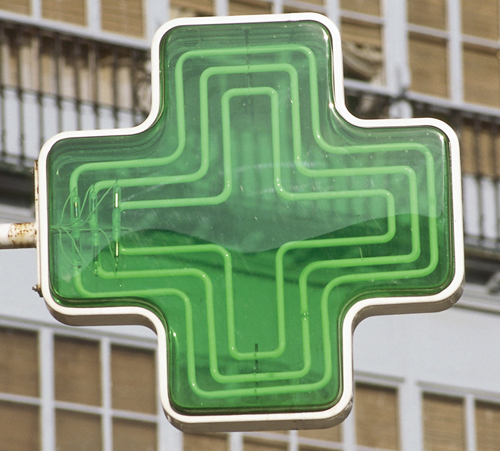Security and Health
Safety
Italy is a remarkably safe country. Aside from pickpockets, there is little to fear. Violent crime is rare, and although women (especially young foreign women) may get a lot of attention, it’s mostly harmless. Italians do tend to drive aggressively, so be attentive behind the wheel.
Pickpockets
On crowded buses, especially the No. 64 (see Pickpocket Bottlenecks), the metro, and around train stations and other areas tourists congregate, pickpockets work the crowds. Keep your wits about you and keep your passport, credit cards, plane or train tickets, and all money except for a day’s worth of cash in a money belt worn under your clothes, either around the waist or on a string around the neck.
Young Muggers
Women dressed in colourful but dirty clothes, usually with swaddled babe in arms, tend to stick to forceful begging, but packs of small children will lift your valuables in a flash, and have been known to use force. A common ruse is to swarm you holding up pieces of cardboard with words scrawled on them while the pickpocketing happens underneath.
Scams
Scams, while not particularly rampant, are attempted on tourists. Act attentive and in charge and the unscrupulous are unlikely to try. Look out for taxis who might try to set the meter for “out of town” rates rather than local, and restaurants that try to pad the bill with items not ordered. They are also the most likely to try and double-charge your credit card.
Police
There are two main police branches you might deal with, the regular polizia and the more military-trained, national carabinieri force. A police station is called una questura.
Health Insurance
Check your personal insurance to see if it covers you abroad. Usually you must pay any hospital charges up front and file for reimbursement when you get home, although Blue Cross/Blue Shield members can visit affiliated hospitals in Rome using their card as they do at home.
Hospitals
Roman hospitals (ospedale) are efficient and semi-privatized. The emergency room is called pronto soccorso. For uncomplicated visits not requiring hospital admission, they’ll usually give you a check-up, write a prescription if necessary and send you off with a smile, with no paperwork involved.
Pharmacies
Italian pharmacies (farmacie) are usually very well equipped and knowledgeable in helping you with minor ailments. At night and on Sundays, a sign is posted at each pharmacy listing those that are open all hours. Full-time 24-hour pharmacies include the ones at Piazza Barberini 49, Via Arenula 73 and outside Termini railway station where Via Cavour meets Piazza dei Cinquecento.
Pharmacy sign
Food and Water Safety
Italian water is safe to drink everywhere except on trains and any source signposted “aqua non potabile”. Food is largely safe although uncooked seafood is always chancy. The BSE (Mad Cow Disease) scare which led to a temporary ban of all beef on the bone is over, which means that the popular dish bistecca fiorentina can once again be made from the usual T-bone cut.

